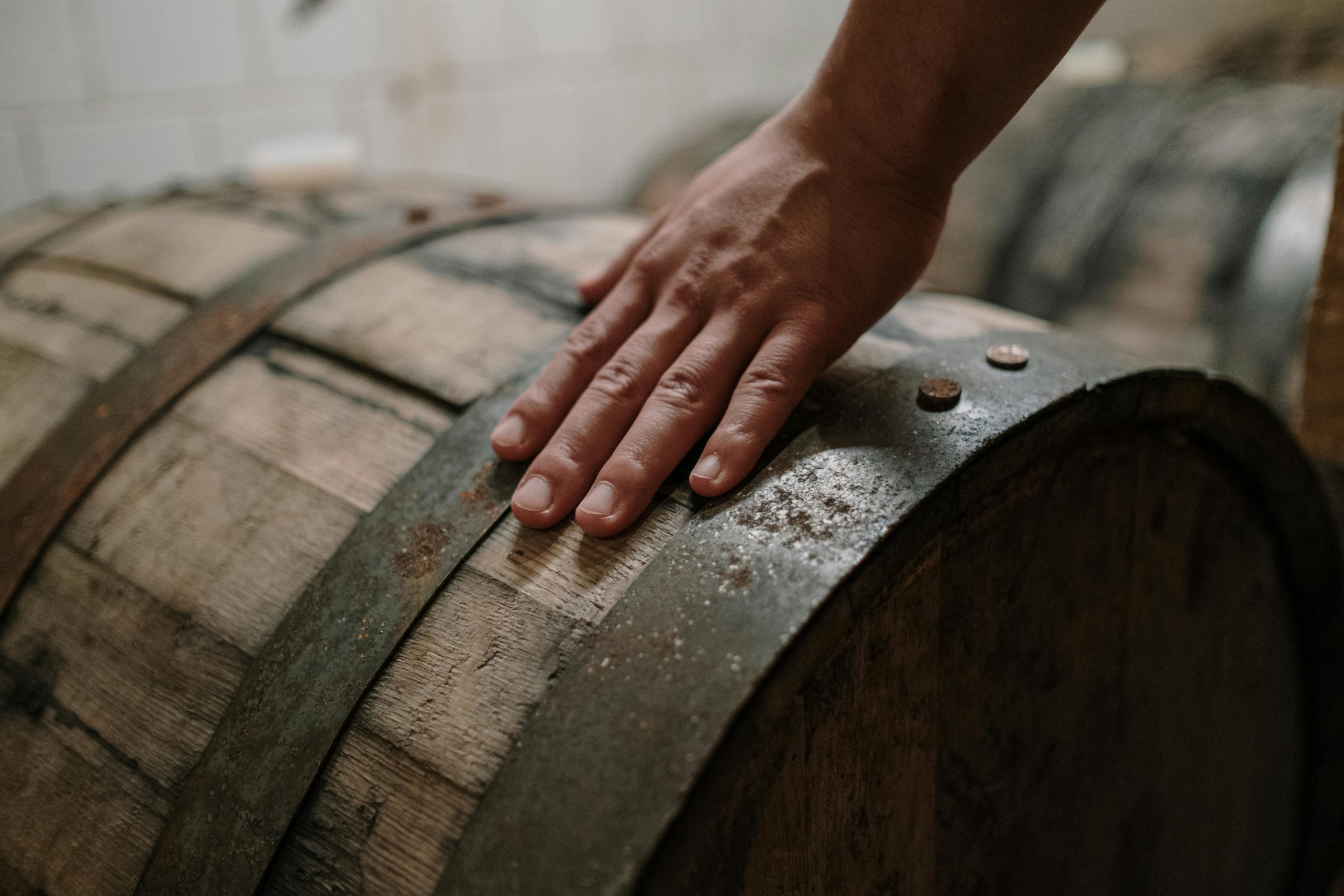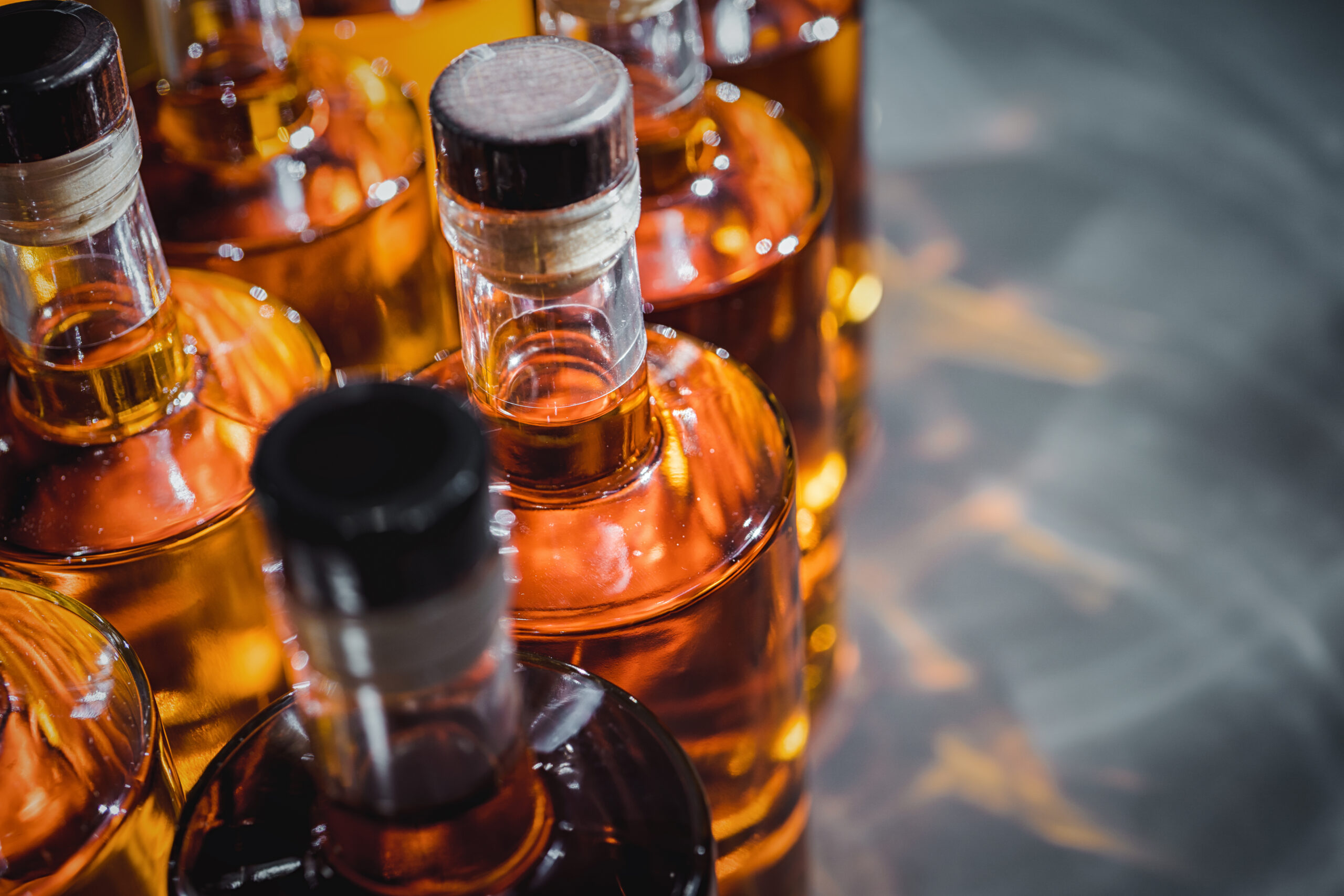Blog
Alcohol Compliance Laws: A Comprehensive Guide

Navigating the world of alcohol compliance can be complex, especially with the maze of local, state, and federal regulations that vary widely by location and product type. For businesses in the alcohol industry, staying compliant is not only essential to avoid fines and penalties, but it’s also critical for maintaining your reputation and ensuring smooth operations. Here’s a comprehensive guide on what to look for when it comes to alcohol compliance.
1. Understanding the Basics of Alcohol Compliance
Before diving into specific compliance requirements, it’s essential to understand the basics of alcohol compliance. Alcohol compliance refers to adhering to the various laws, regulations, and standards that govern the production, distribution, sale, and marketing of alcoholic beverages. These laws are designed to promote safety, prevent underage drinking, and ensure that all alcoholic products meet quality standards.
Compliance requirements can vary significantly depending on factors such as:
- Type of Alcohol: Different rules may apply to spirits, wine, and beer.
- Location: Regulations can vary widely between countries, states, and even municipalities.
- Business Type: The rules differ for producers, distributors, wholesalers, and retailers.
- Sales Channels: On-premise (bars and restaurants) and off-premise (liquor stores) sales have different compliance requirements.
Understanding these foundational elements will help you navigate the complexities of alcohol compliance more effectively.
2. Licensing Requirements
One of the most critical aspects of alcohol compliance is obtaining the proper licenses for your business. Depending on your operations, you may need several types of licenses, such as:
- Federal Basic Permit: Required for producers, wholesalers, and importers of alcoholic beverages in the United States. The Alcohol and Tobacco Tax and Trade Bureau (TTB) issues these permits.
- State and Local Licenses: In addition to federal permits, you will need state and local licenses to produce, distribute, or sell alcohol. These licenses vary widely by location and may include production permits, retail licenses, and special event licenses.
- Renewal and Compliance Audits: Licenses must be renewed periodically, and businesses may be subject to regular audits and inspections to ensure compliance with all licensing terms.
To avoid penalties or shutdowns, make sure you understand which licenses apply to your business, how to obtain them, and when they need to be renewed.
3. Labeling and Packaging Compliance
Labeling and packaging are highly regulated areas in the alcohol industry. Labels must provide accurate information and meet specific standards set by regulatory bodies like the TTB in the U.S. Key elements of labeling compliance include:
- Brand Name and Class: The label must clearly state the brand name and class/type of alcohol (e.g., vodka, bourbon, Chardonnay).
- Alcohol Content: The label must accurately display the alcohol by volume (ABV) percentage.
- Health Warnings: In many jurisdictions, labels must include specific health warnings about alcohol consumption.
- Origin and Ingredients: Labels should accurately represent the origin (e.g., “Made in USA”) and list any ingredients or additives as required by law.
- Compliance with Standards of Fill: Bottles must meet specific volume standards (e.g., 750ml, 1 liter) set by regulatory agencies.
Failing to comply with labeling regulations can lead to fines, recalls, or even the removal of your product from the market, so it’s essential to ensure your labels meet all applicable standards.
4. Adherence to Marketing and Advertising Laws
Marketing and advertising compliance are vital for promoting your alcohol brand while staying within legal boundaries. Alcohol advertising is heavily regulated to prevent misleading claims and underage drinking. Here’s what to look out for:
- Target Audience Restrictions: Avoid targeting minors in any form of advertising. This includes using age-restricted platforms and avoiding imagery or messaging that appeals to underage individuals.
- Truth in Advertising: Make sure all claims in your advertising are truthful and not misleading. This includes health-related claims, such as suggesting that your product has health benefits.
- Geographic Compliance: Ensure that your marketing campaigns comply with local advertising laws, which can vary by state or country.
- Digital Advertising Guidelines: When advertising online, make sure to comply with digital marketing laws, such as those regarding age-gated content and data privacy.
Understanding and adhering to these guidelines will help you build a reputable brand and avoid regulatory scrutiny.
5. Taxation and Reporting Obligations
One of the most challenging aspects of alcohol compliance is managing taxation and reporting. Alcohol taxes vary significantly depending on the type of beverage, its alcohol content, and the location of production or sale. Key considerations include:
- Excise Taxes: Alcohol producers, importers, and sometimes distributors must pay excise taxes based on the volume of alcohol produced or sold. These taxes are regulated by both federal and state governments.
- Sales Taxes: Depending on where the alcohol is sold, you may need to collect and remit sales taxes.
- Regular Reporting: Businesses are typically required to submit regular reports detailing production volumes, sales, and tax payments. These reports must be accurate and submitted on time to avoid penalties.
Using automated reporting and tax management tools can help streamline these processes and ensure you remain compliant.
6. Compliance with Health and Safety Standards
Ensuring the health and safety of consumers is a core component of alcohol compliance. This involves adhering to various standards related to production, storage, and distribution:
- Sanitation and Quality Control: Follow proper sanitation protocols in production facilities to prevent contamination and ensure product safety.
- Temperature and Storage Regulations: Alcohol must be stored under specific conditions to maintain quality and safety, including temperature control and secure storage to prevent tampering.
- Product Recalls: Have a process in place for managing recalls in the event that a product is found to be unsafe or mislabeled.
Implementing robust quality control measures not only ensures compliance but also builds trust with your customers.
7. Staying Up-to-Date with Regulatory Changes
Alcohol regulations are constantly evolving, and staying compliant means keeping up-to-date with any changes that may affect your business. Consider the following:
- Monitor Regulatory Changes: Regularly monitor updates from regulatory bodies such as the TTB, FDA, and state alcohol control boards.
- Engage with Industry Associations: Join industry associations that provide members with the latest regulatory updates and guidance.
- Consult with Legal Experts: Work with legal experts or consultants who specialize in alcohol law to ensure you are always aware of and compliant with the latest regulations.
Staying proactive will help you anticipate changes and adapt your business practices accordingly.
Next Steps
Alcohol compliance is an ongoing process that requires constant attention to detail and a thorough understanding of the relevant laws and regulations. By focusing on licensing, labeling, marketing, taxation, health and safety standards, and staying updated on regulatory changes, you can ensure that your business remains compliant and operates smoothly.
Need Help Navigating Alcohol Compliance?
AlcSource specializes in helping businesses like yours stay compliant with all aspects of alcohol regulation. Our team of experts can guide you through every step of the process, from licensing to labeling and beyond. Contact us today to learn more!


